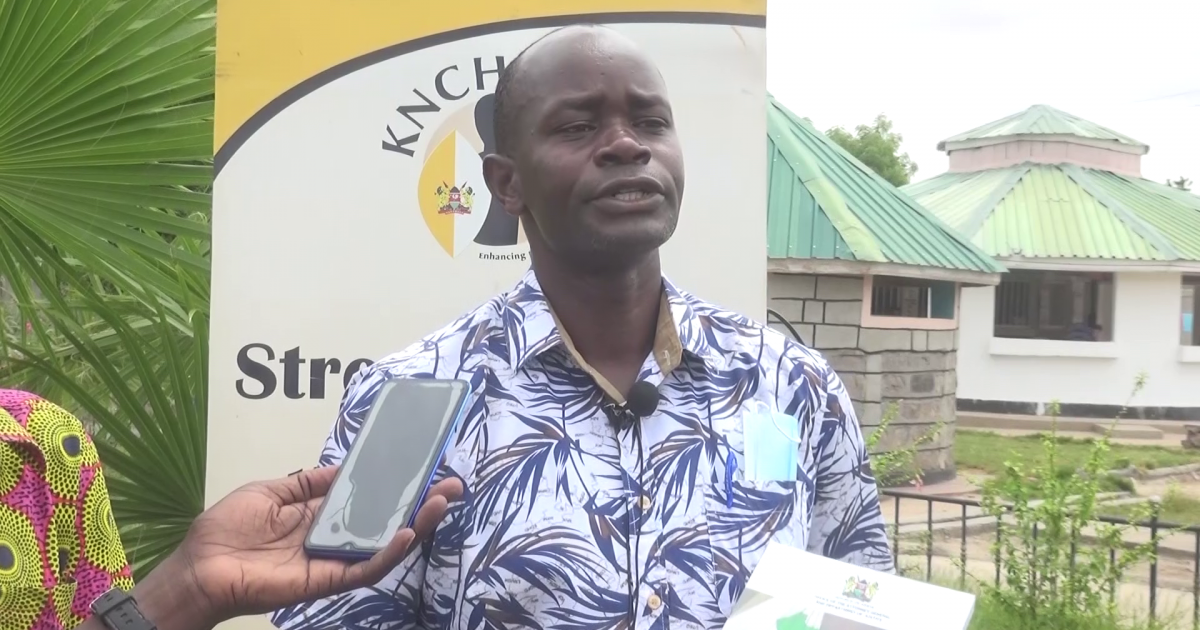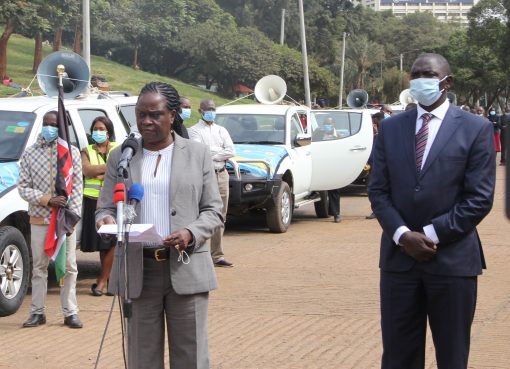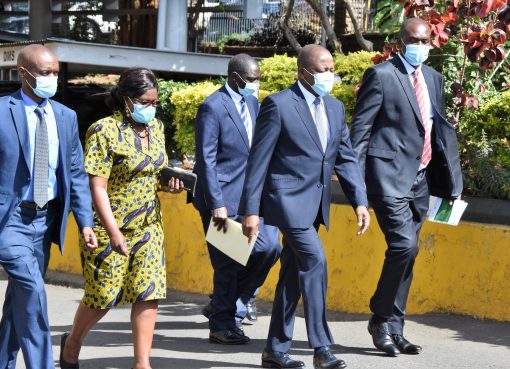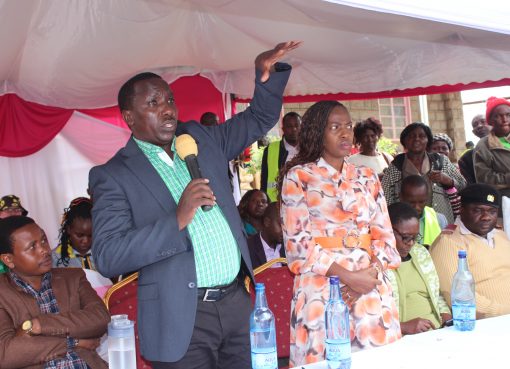A total of 1,524 persons who identified themselves as intersex in the 2019 census will now enjoy recognition in law if the government implements the recommendations of the report of the taskforce on policy, legal, institutional and administrative reforms on intersex persons in Kenya.
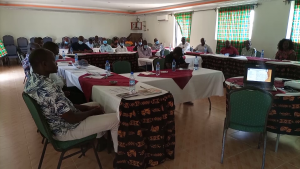
The report recommends amendment of the Registration of Persons Act, Chapter 107 to include intersex in the definition of sex.
Speaking during the presentation of the intersex taskforce report in Lodwar, Kenya National Commission on Human Rights Legal Officer Gatambia Ndungu said 21 people were recorded as intersex in Turkana County.
“A total of 21 Intersex Persons were recorded in Turkana County during the 2019 population census. However, it is evident the number of Intersex Persons in the County could be higher,” said Ndungu.
During the 2019 Housing and Population Census by the Kenya National Bureau of Statistics (KNBS), the Government approved the introduction of the 3rd Sex Marker known as Intersex Persons which is as a result of birth and not by choice.
Government duty bearers such as the national government administration, National Police Service, Ministry of Education, Ministry of Health, Prisons Department, Registrar of births & deaths, Office of the Director of Public Prosecution, Chiefs among others attended the Lodwar meeting.
Turkana Assistant County Commissioner Otieno Okitch said the report will be shared with other government officers to encourage intersex persons to come out and access government services.
“The report will help us reach out to those who are intersex but are afraid of stigma and as a government we will recognise them,” he said.
County Mental Health Coordinator Robert Wasike said intersex people are part of community who are rejected.
The report will shed more light to us and enable us to help the intersex persons because the report is a tool that will empower us to reach out to intersex persons.
“I appeal to parents who have children who are intersex to come to our offices so that we can give them psychosocial support to help them cope with the children and ensure they are not discriminated against,” said Wasike.
Human rights defender for intersex persons Kwamboka Kibagendi said children who are intersex face many challenges like access to education and some are associated with curses and some are even killed.
“We are calling on the county government to help reach out to the intersex children so that they can access education because at some point they will need to fend for themselves,” he said.
He said the report should not be shelved but its recommendations should be shared to the grassroots. “We should not use a person’s sex organs to discriminate children. All children are equal and should be treated with dignity,” he said.
By Peter Gitonga


